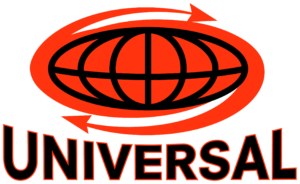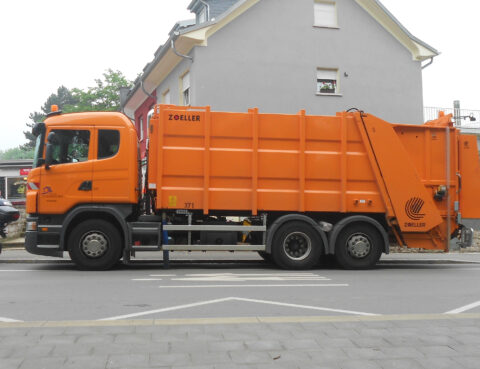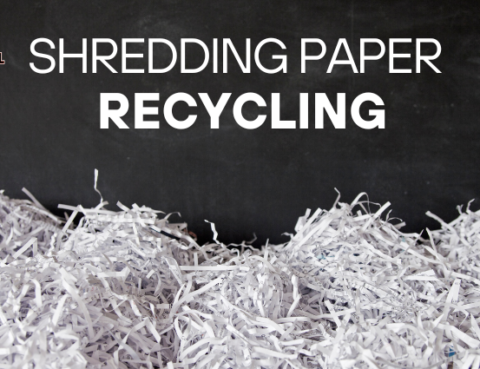
Recycling paper is one of the simplest and most effective ways to reduce our environmental impact, yet when it comes to shredded paper, the process becomes more complex. Shredded paper, a byproduct of document disposal, is often misunderstood when it comes to recycling, and understanding how to dispose of it responsibly is key to maintaining…
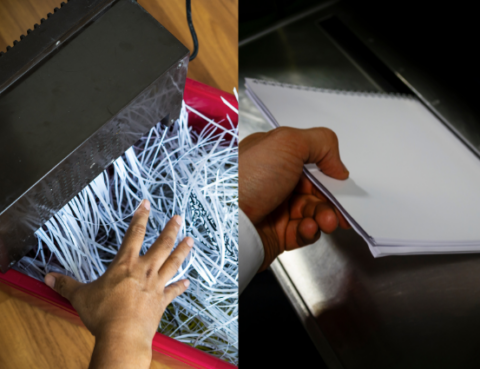
In today’s world, protecting sensitive information is more important than ever. Whether for individuals, small businesses, or large corporations, the need for secure document destruction has become a priority. With numerous options available to ensure your documents are securely disposed of, two prominent choices stand out: secure document destruction bins and shredders. But which is…

Every day, hospitals, clinics, research labs, and medical offices generate waste that requires special handling. This waste, known as regulated medical waste (RMW), includes items contaminated with blood, bodily fluids, or other potentially infectious materials. If not managed properly, medical waste can pose serious risks to human health and the environment. It can spread infections,…
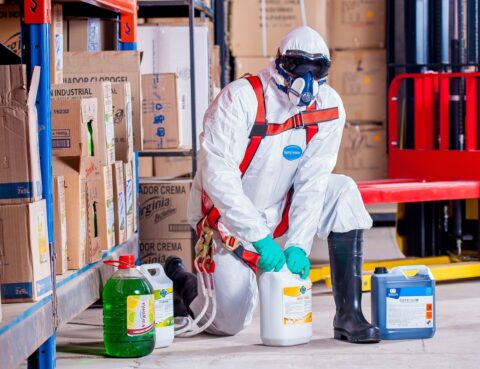
Importance of Chemical Waste Disposal As industries continue to produce chemicals crucial for everyday goods and services, managing chemical waste has become increasingly important. Improper disposal of these chemicals can harm both the environment and human health. With growing industrial activities and a larger global population, responsible chemical waste disposal is more essential than ever….
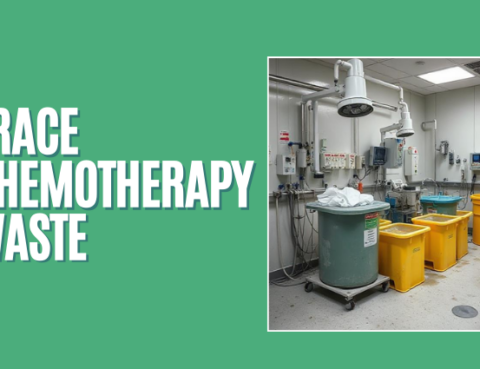
Chemotherapy drugs are a powerful force against cancer, saving lives every day. But with their incredible potency comes responsibility for the proper disposal of trace chemotherapy waste is essential to protect healthcare workers, the environment, and public health. This article explores what trace chemotherapy waste is, why it matters, and how healthcare facilities can handle…

Disposing of Chemotherapy Waste at Home Chemotherapy is a treatment that helps fight cancer and save lives. Some people get this treatment at home, which means they need to be careful with the waste it creates. This includes leftover medicine, used gloves, bandages, or anything that touched the chemotherapy drugs. It’s super important to throw…
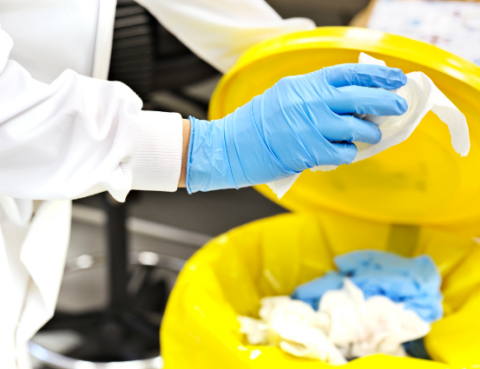
Chemotherapy, a life-saving treatment for cancer patients, also presents a significant responsibility when it comes to managing the waste it generates. The hazardous nature of chemotherapy drugs and the materials contaminated by them necessitates a structured and regulated approach to their disposal. Proper chemotherapy waste disposal not only safeguards healthcare workers, patients, and the environment…

Managing pharmaceutical waste is a crucial component of healthcare and environmental safety. With the rise in pharmaceutical consumption, proper waste management has become more vital than ever. For healthcare providers, institutions, and even households, understanding how to handle and dispose of pharmaceutical waste can safeguard public health and protect our ecosystems. MyBioWaste.com offers expert biomedical…
